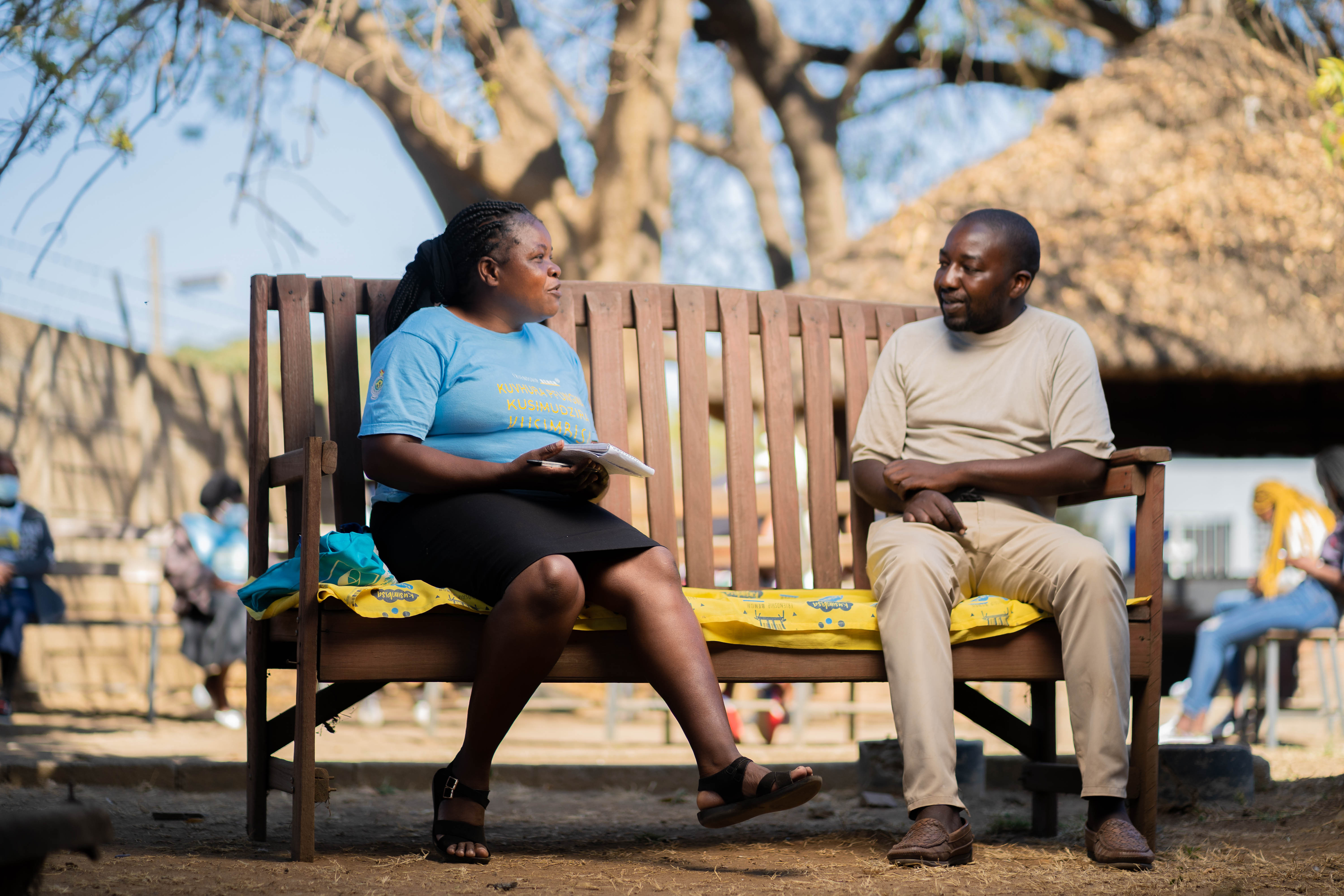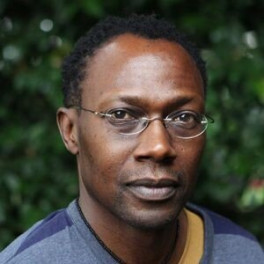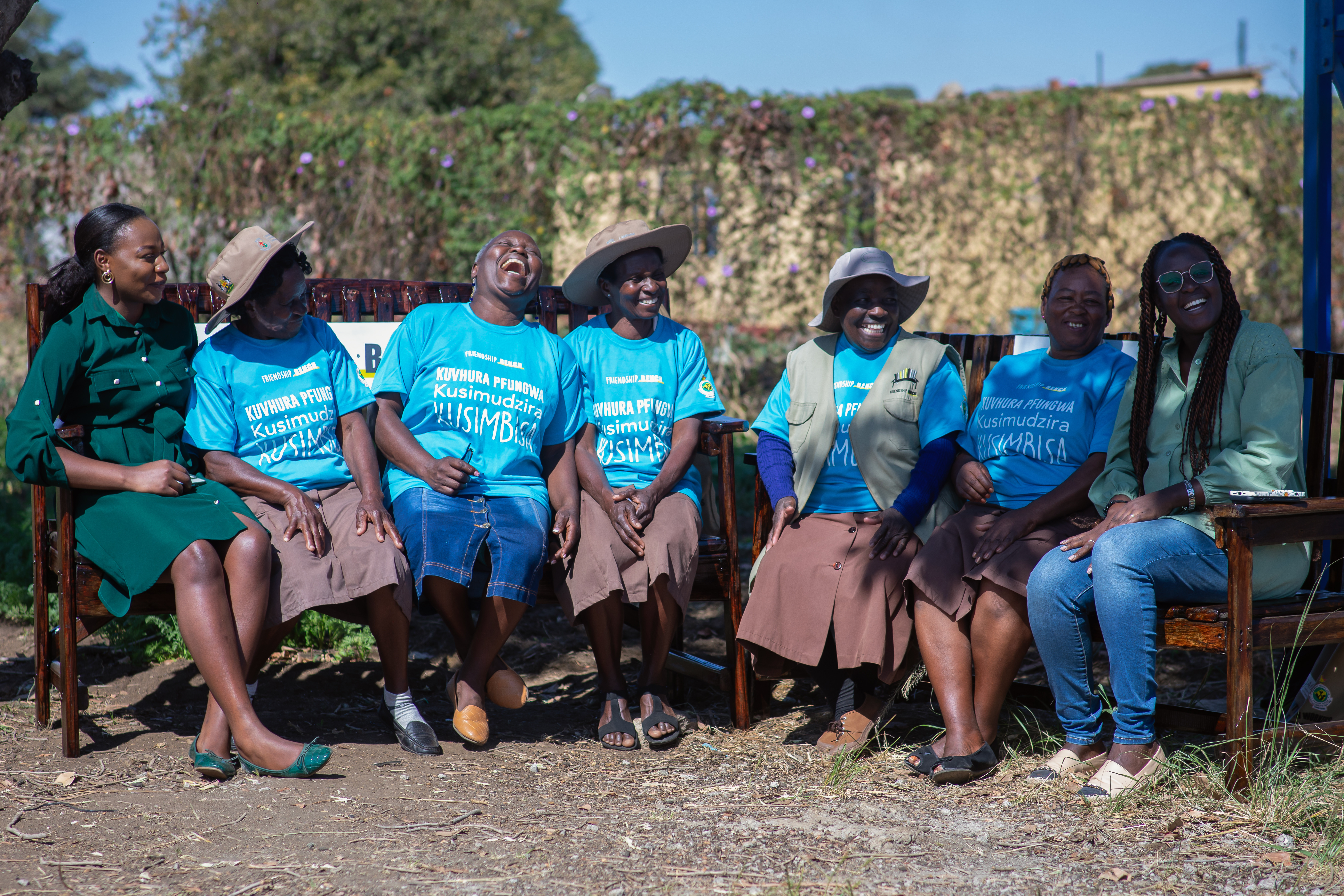
Friendship Bench is an indigenous mental health intervention rooted in over 15 years of research. The organization’s psychological interventions are evidence-based, accessible and scalable. Through a task-sharing approach, Friendship Bench works with community grandmothers to provide problem-solving therapy and group support circles to get people out of depression. They envision a world where a Friendship Bench is within walking distance for all.
- Zimbabwe
- Mental Health and Human Rights


- 61% reduction of depression and suicide ideation in communities outfitted with a friendship bench
- 60% improvement of quality of life reported by community members who received mental health services from a friendship bench
- 80% of people who come to the bench show an improvement in symptoms of depression and anxiety

- 87,382 clients seen on friendship benches across five counties in Zimbabwe
- 132,685 sessions held since the creation of the organization
- 1,046 community health workers trained to interact with clients in talk therapy

- The Friendship Bench’s innovative psychological intervention leverages trusted community members — including trained grandmothers — to deliver mental health services free of cost. This approach also helps to remove the stigma traditionally associated with seeking out talk therapy
Dixon Chibanda

Dixon Chibanda started the Friendship Bench in one of Harare’s townships called Mbare in 2006 and conceptualized the first Friendship Bench intervention that has now been refined and adapted considerably. He has been involved in mental health research for many years. Dixon is a key player in bringing the various stakeholders from local health authorities, health professionals, national and international researchers and donors together to form successful collaborations. In his role as PI, he has led the Friendship Bench team through the rigorous exercise of the randomized control trial (RCT) which was able to deliver evidence for the intervention’s effectiveness. He is currently leading the team as they scale-up the Friendship Bench to over 60 primary health care clinics in the country.
The critical ingredients for creating a sense of belonging that brings collective healing is empathy and connectedness that is anchored in research. We are driven by these values and hope to make it possible for everyone needing evidence-based care for depression to have access to it.
